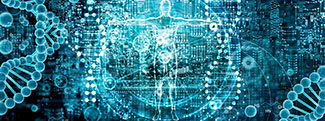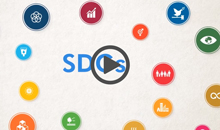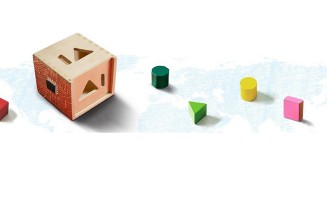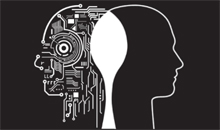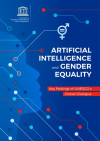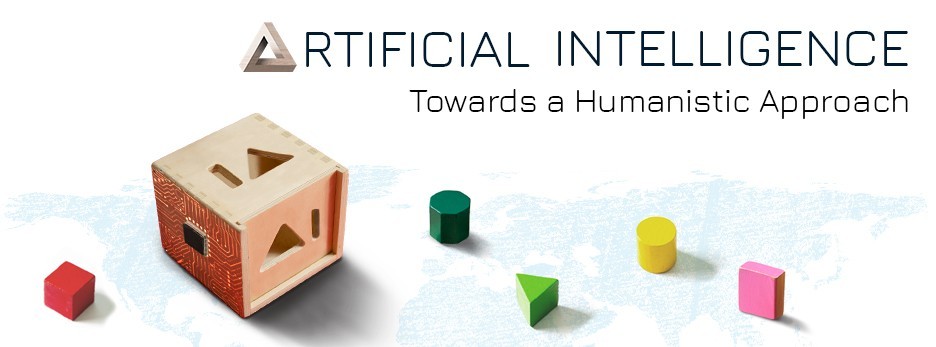
"Artificial intelligence can be a great opportunity to accelerate the achievement of sustainable development goals. But any technological revolution leads to new imbalances that we must anticipate."
Audrey Azoulay
UNESCO Director-General
Elaboration of an instrument on ethics of artificial intelligence
UNESCO has embarked on a two-year process to elaborate the first global standard-setting instrument on ethics of artificial intelligence, following the decision of UNESCO’s General Conference at its 40th session in November 2019.
This inclusive and multidisciplinary process will include consultations with a wide range of stakeholders, including the scientific community, people of different cultural backgrounds and ethical perspectives, minority groups, civil society, government and the private sector.
Following online discussions, the first version of the draft text of the recommendation has been published online

Building Institutional Capacity in Public Policy Development in the Field of AI
UNESCO's AI Decision Maker's Toolkit will enable decision makers to respond to the challenges and opportunities of AI through guidance on policy development and capacity building resources in UNESCO's fields of competence. The toolkit will provide elements of foresight, recommendations, implementation guides, model use cases and capacity building resources to ensure the develop of a human-rights based and ethical AI throughout the AI lifecycle and across stakeholder groups (for more info on the ongoing development, please click here).

AI and the Rule of Law: Capacity Building for the Judicial Systems
The use of AI in judicial systems is being explored by judiciaries, prosecution services and other domain specific judicial bodies around the world. For example, in the criminal justice field, the use of AI systems for providing investigative assistance and automating decision-making processes is already in place in many judicial systems across the world. Considering rapid developments in this field, the challenges and opportunities related to harnessing AI in judicial systems and their implications for human rights and the rule of law must form part of discussions among stakeholders from the judicial ecosystem. Therefore, this online training course in the form of a Massive Online Open Course (MOOC) is being developed in cooperation with UNESCO’s category 2 centre CETIC and the IEEE in response to the needs expressed by UNESCO Member States, judges and other stakeholders. Read more
Rapid technological advancements in Artificial Intelligence (AI), as well as other advancing technologies such as robotics, cloud computing and Internet of Things, are transforming disciplines, economies and industries, and challenging ideas about what it means to be human. AI has enormous potential for social good and promoting the achievement of the SDGs if it develops in a way that benefits humanity, respects global norms and standards, and is anchored in peace and development.
Voices on artificial intelligence
First High-level Forum on Artificial Intelligence in Africa

AI is already present on the continent through incubators for technological innovation and applications that provide school support or monitor the breathing of newborns.
But initiatives are still limited and, as everywhere else, they raise important ethical questions concerning the use of private data, freedom of expression, responsibility and human labour.
These subjects were at the heart of the two-day Forum, organized in Morocco from 12 to 13 December 2018, to enrich the global reflection by drawing up an assessment of an African scale,taking into account challenges, opportunities and issues specific to local contexts.

